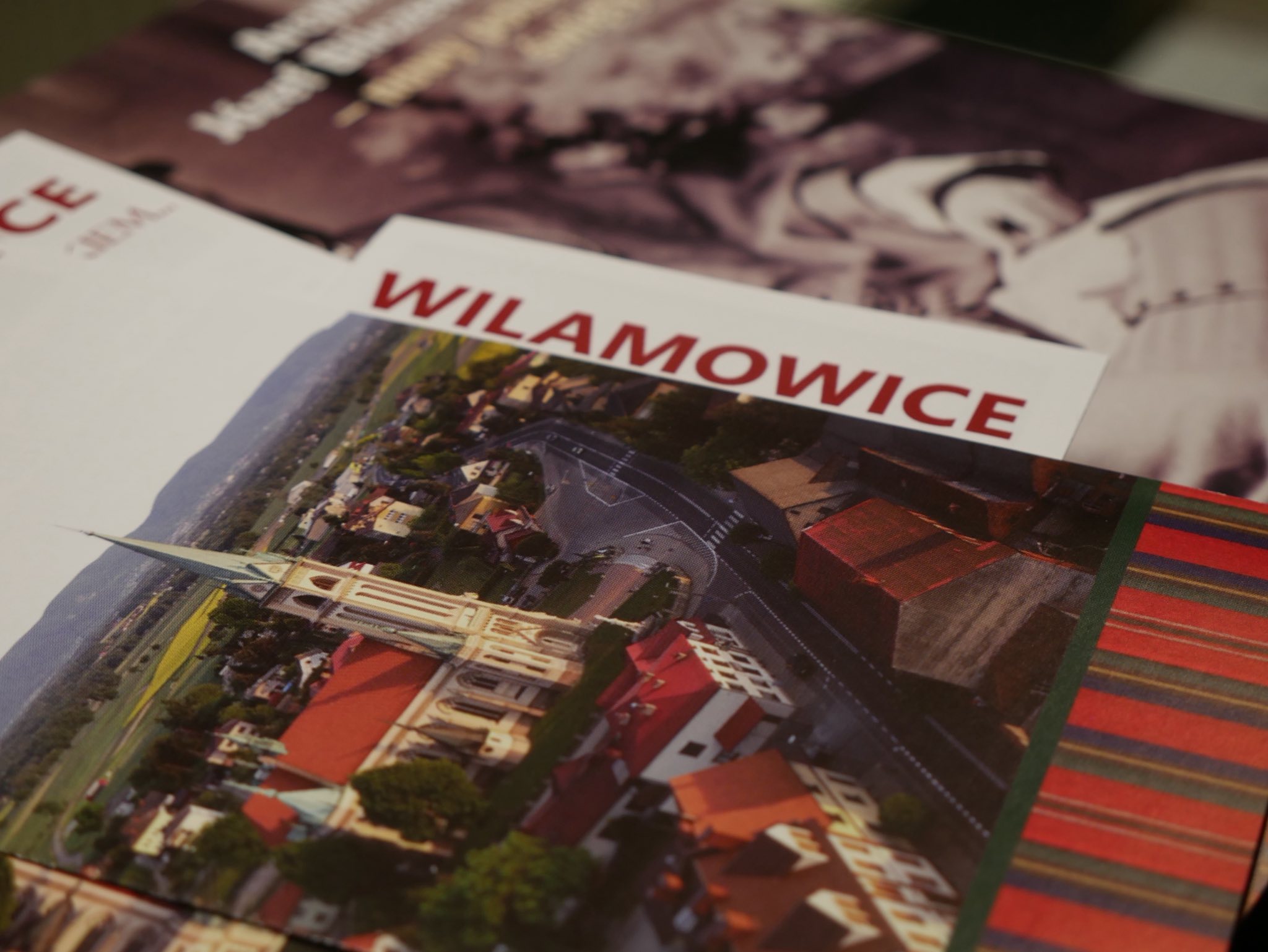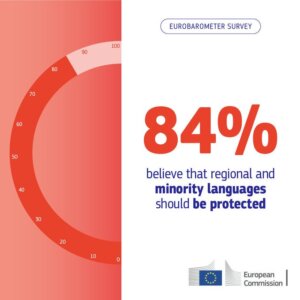FOSTERLANG – redefining Europe’s linguistic capital

What do we mean when we talk about linguistic capital? The FOSTERLANG project, launched earlier this year under the Horizon Europe program, seeks to expand this concept far beyond major national languages. As project coordinator Prof. Justyna Olko (University of Warsaw) emphasizes:

Linguistic resources include not only dominant languages but also minoritised, regional, and migrant languages, which carry unique knowledge, values, and social potential. Supporting them means strengthening the well-being and resilience of their communities – and of Europe as a whole. (Olko, 2025)
This focus reflects a broader European consensus: language diversity is increasingly recognised as an important value. According to a recent Eurobarometer survey, 84% of Europeans believe that regional and minority languages should be protected. FOSTERLANG responds to this growing awareness with concrete action. It is designed to rethink how linguistic diversity is valued across Europe and to develop practical tools and policies that support minoritised, regional, and migrant languages. By linking grassroots initiatives, research institutions, and language communities, including those in Wilamowice, the Basque Country, Kashubia, and Wales, the project builds a strong network of cooperation and knowledge exchange aimed at developing effective strategies for revitalising minoritised languages and strengthening linguistic diversity in Europe.
🎥 FOSTERLANG Launch Video – Watch the video from the inaugural event, hosted at the Museum of Wilamowice Culture, a three-day programme filled with panel discussions, workshops, community meetings, and artistic performances that brought together activists, researchers, and speakers of minoritised languages from across Europe.
Olko, J. (2025, September 24). Zasoby językowe obejmują nie tylko duże języki, ale też języki mniejszościowe i migranckie. Nauka w Polsce.
